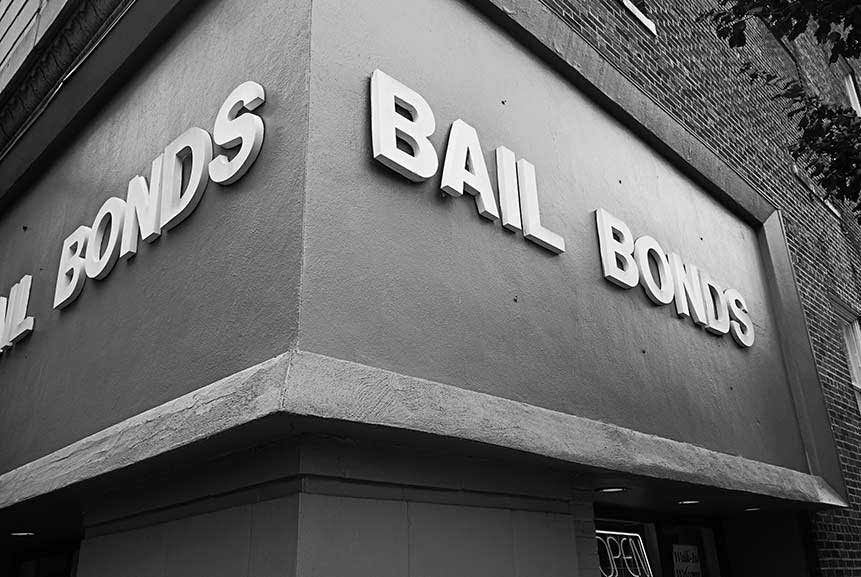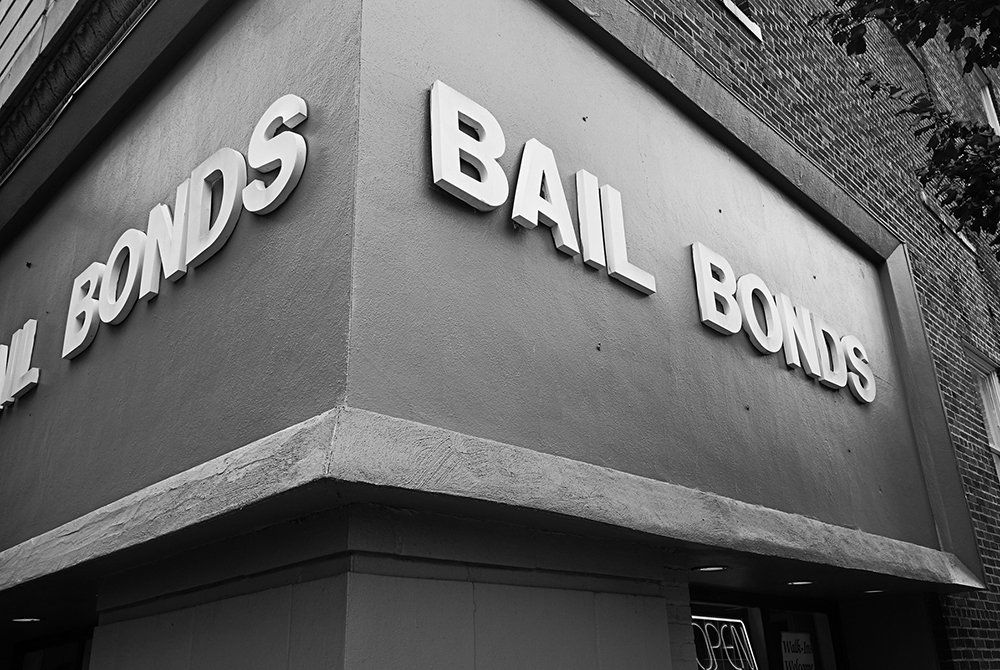SURETY, FEDERAL, AND IMMIGRATION BONDS
The criminal justice system confuses nearly everyone that does not work within the industry. People may feel overwhelmed when they need to use the bail bonds system to help out a loved one that had been detained. There are multiple types of bonds, and what is needed depends on personal finances and the type of charges filed.
PERSONAL BAIL OPTIONS
Bail can be posted by the defendant or their friends or family without professional assistance if they have enough cash. This is known as a cash bond, and the money paid to the courts is returned once the defendant meets all requirements. Fees are sometimes assessed by the court, so people do not always receive back what they initially paid.
A property bond is like a cash bond except it uses personal property like land, homes or vehicles. All of the people named on the title must agree to its use, the property must be free of all liens, and the value of what is submitted is usually required to exceed the bail amount. Not all states allow these types of bonds.
Property bonds issued by the court take time to process, so they are not always the preferred option for bail. It usually requires a title search by a real estate attorney and a property value assessment before approval is given. Anyone that wants to be home as soon as possible may want to use this option as a last resort.
PROFESSIONAL BAIL OPTIONS
Surety bonds are the most common form of bond issued by bail bond services. Each bondsman has laws to follow, but they do have flexibility in what they can accept as collateral against the bond. Bonding companies charge a fee for the service, usually a set percentage of the bail amount. Most companies offer some type of payment plan to make paying the fee easier.
Bail bond services sometimes offer immigration bonds as well. These bonds are used to free someone that has been detained by ICE (Immigration and Customs Enforcement) due to immigration violations. There are two of these types of bonds, and they are different than traditional criminal bonds.
An immigration delivery bond requires the holder of the bond to make certain the defendant appears in immigration court as often ordered. The court usually requests multiple court dates and the process may take a long time to settle. The bond contract only ends once the court makes the decision about deportation.
Another option is a voluntary departure bond which is only issued when the detained individual decides to leave the country. The bond is refunded once the defendant is proven to be outside of the United States.
FEDERAL BOND REQUIREMENTS
Obtaining bail when there are federal charges is more complex. Federal bonding takes longer because all cash and other assets must be researched to prove they were not criminally obtained before they can be used as the bail. Federal charges usually come with a list of bail conditions and higher fees and collateral are charged because of the extra time and effort.
People can post their own bail for a federal charge without the aid of a bonding service. However, the higher cost of the bail and the extra paperwork involved is often more than what the average family or individual can handle on their own.
Professionally operated bonding services help people to reunite with their families sooner and be at home during an already emotionally draining experience. At A-Action Bail Bonds, we offer a speedy and reliable service with no hidden fees or conditions. We are always open, so contact us whenever there is a need.
















